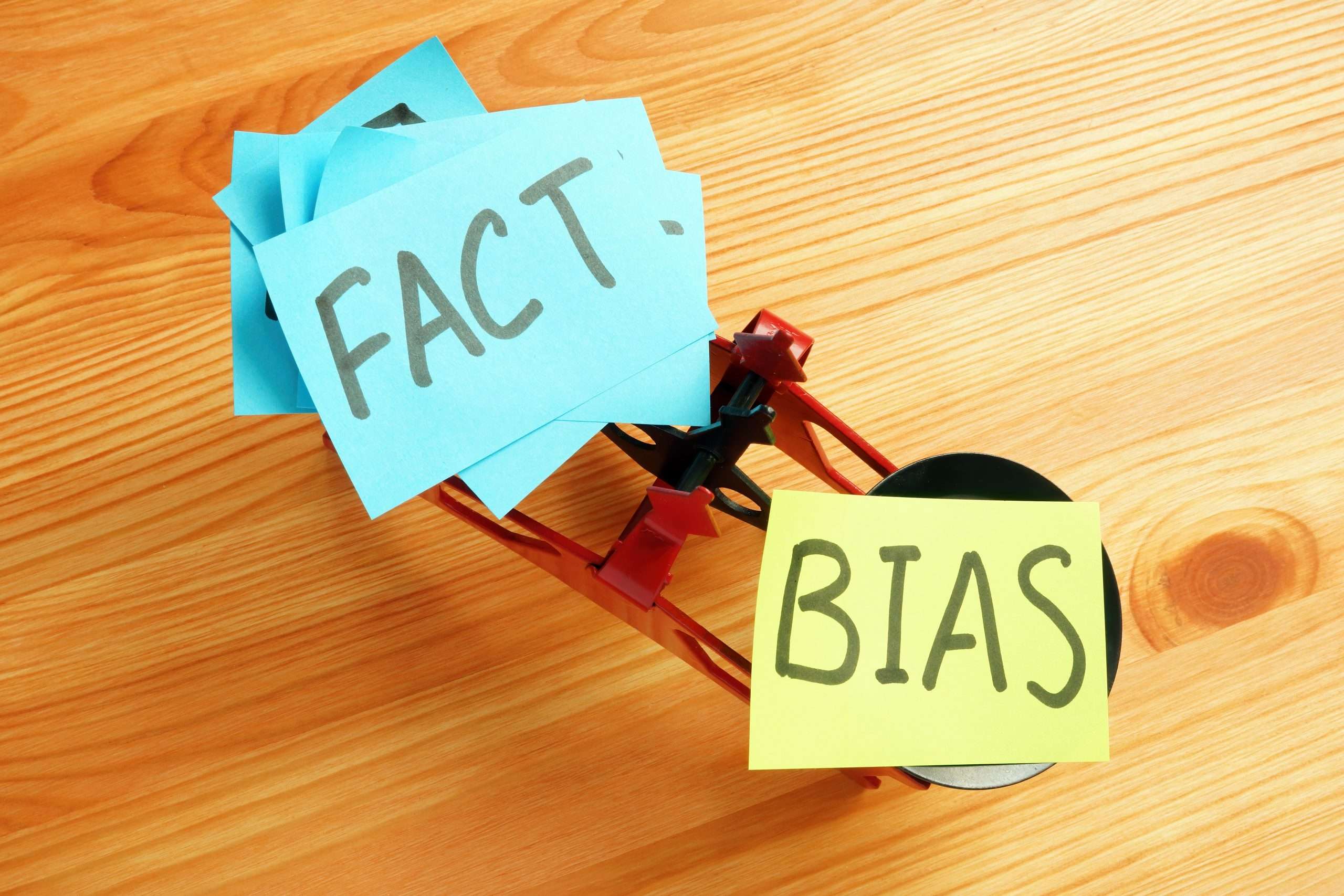In the past few years, one of the things that’s been especially difficult for all of us to do is to maintain a sense of objectivity. Our society has become more divisive, with more and more individuals surrounded largely by others who agree with them… and shunning or minimizing those who do not.
And yet, it has long been proven that when making big or important decisions, it pays to invest significant effort in carefully considering a variety of perspectives and pushing ourselves to remain as objective as possible.
You might say that objectivity comes down to being…
- Persistently curious
- Aware that all of us have biases
- More focused on making the right decision than on embracing one that initially seemed or felt right to you
Curiosity breeds objectivity because it encourages you to search for the reasons why other people view things differently than you. What is it about their experiences, skills, beliefs or values that caused them to form different perspectives? It also can lead to learning new and relevant facts and data. No one of us can know everything, even on topics or issues we have expertise in.
Awareness that we all have biases counter-balances the somewhat natural tendency of confident people to believe that their perspective is the correct one. Over 200 common human biases have been documented, such as the illusory correlation bias; it causes individuals to inaccurately perceive a relationship between two unrelated events. This bias occurs frequently in politics, and sometimes manifests with one side wanting to connect two dots, while the other side seeks to dispel that possibility.
Important note: you can’t wish your way to a “no bias” state of mind; if you’re human, you have biases. That’s why objectivity requires weighing other opinions at least as strongly as you do your own.
Focusing on making the right decision is an acknowledgement that objectivity not only takes a great deal of proactive effort, but also requires the ability to stretch your own comfort zone. Reaching the correct decision may force you to challenge beliefs that are near and dear to you. Perhaps they were a critical element in your previous success, yet reaching the correct decision often requires realizing that a previously proven solution may no longer be effective. Maybe the facts have changed, or the environment, or the players, or any one of dozens of possible variables are different.
As Duncan J. Watts wrote in his book, Everything is Obvious: Once You Know the Answer, “When we challenge our assumptions about the world—or even more important, when we realize we’re making an assumption that we didn’t even know we were making—we may or may not change our views. But even if we don’t, the exercise of challenging them should at least force us to notice our own stubbornness, which in turn should give us pause.”
We want to believe what we want to believe, but that tendency moves us away from anything resembling objectivity. You’ll make better decisions, bring out more talent in others, and accomplish far more if you can master the disciplines required to maintain a strong sense of objectivity.

